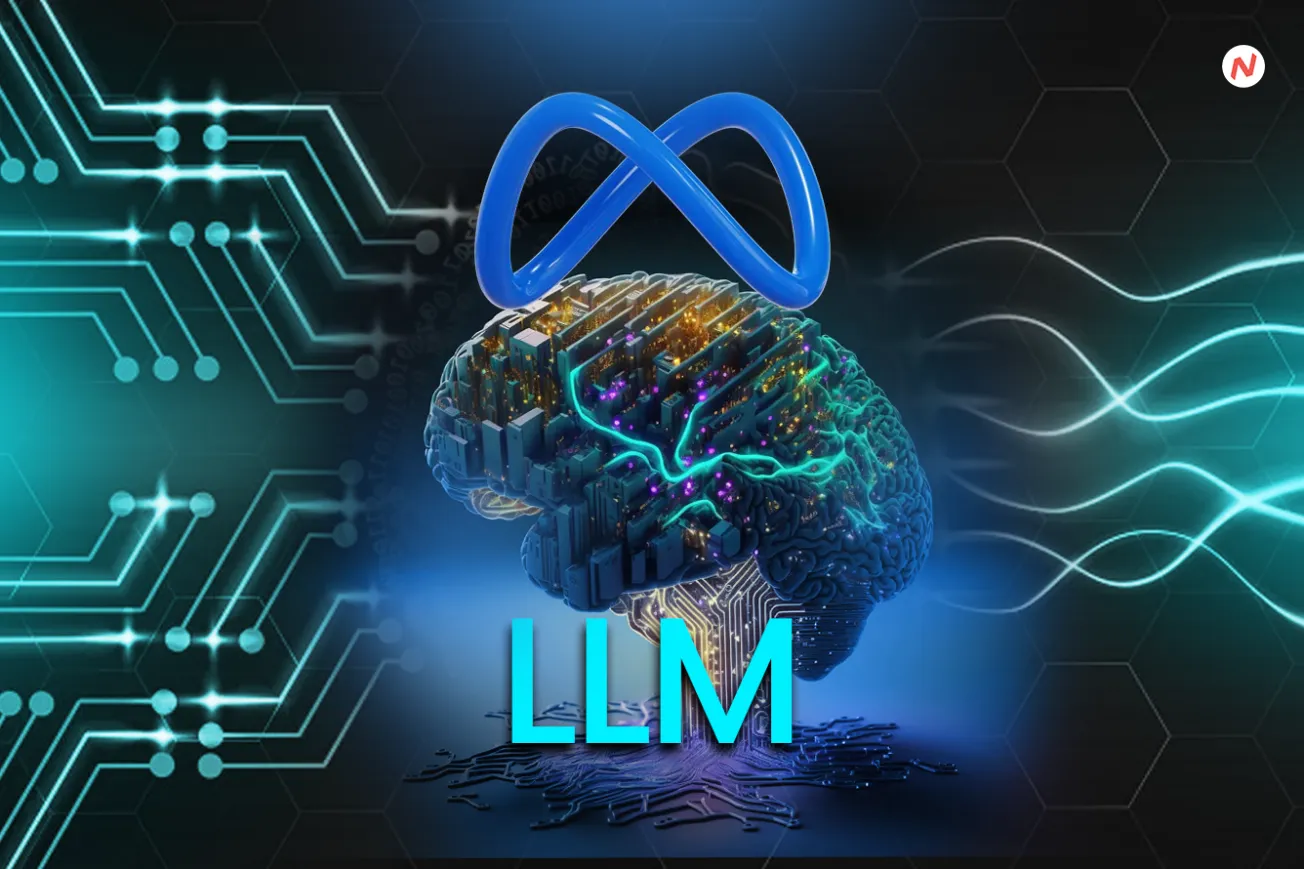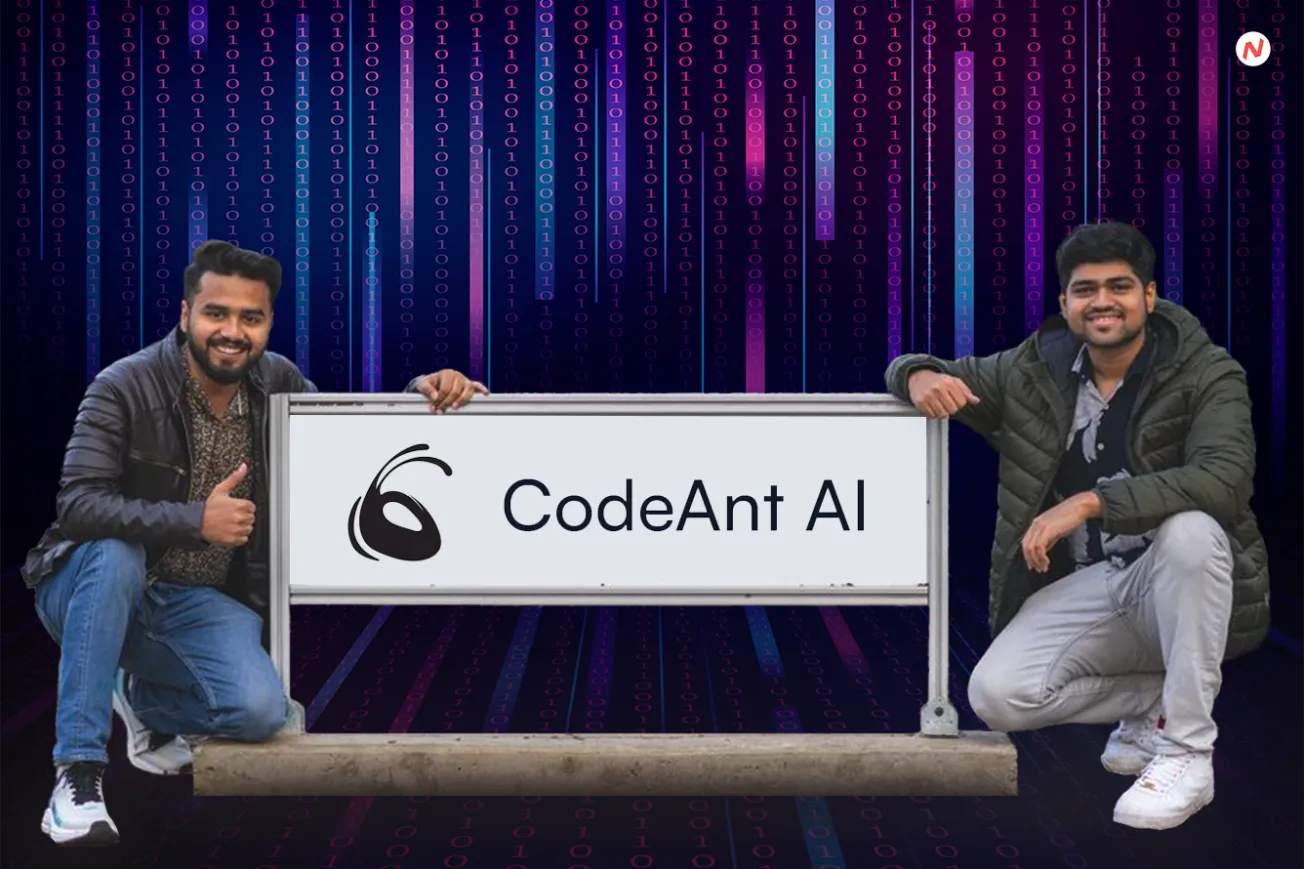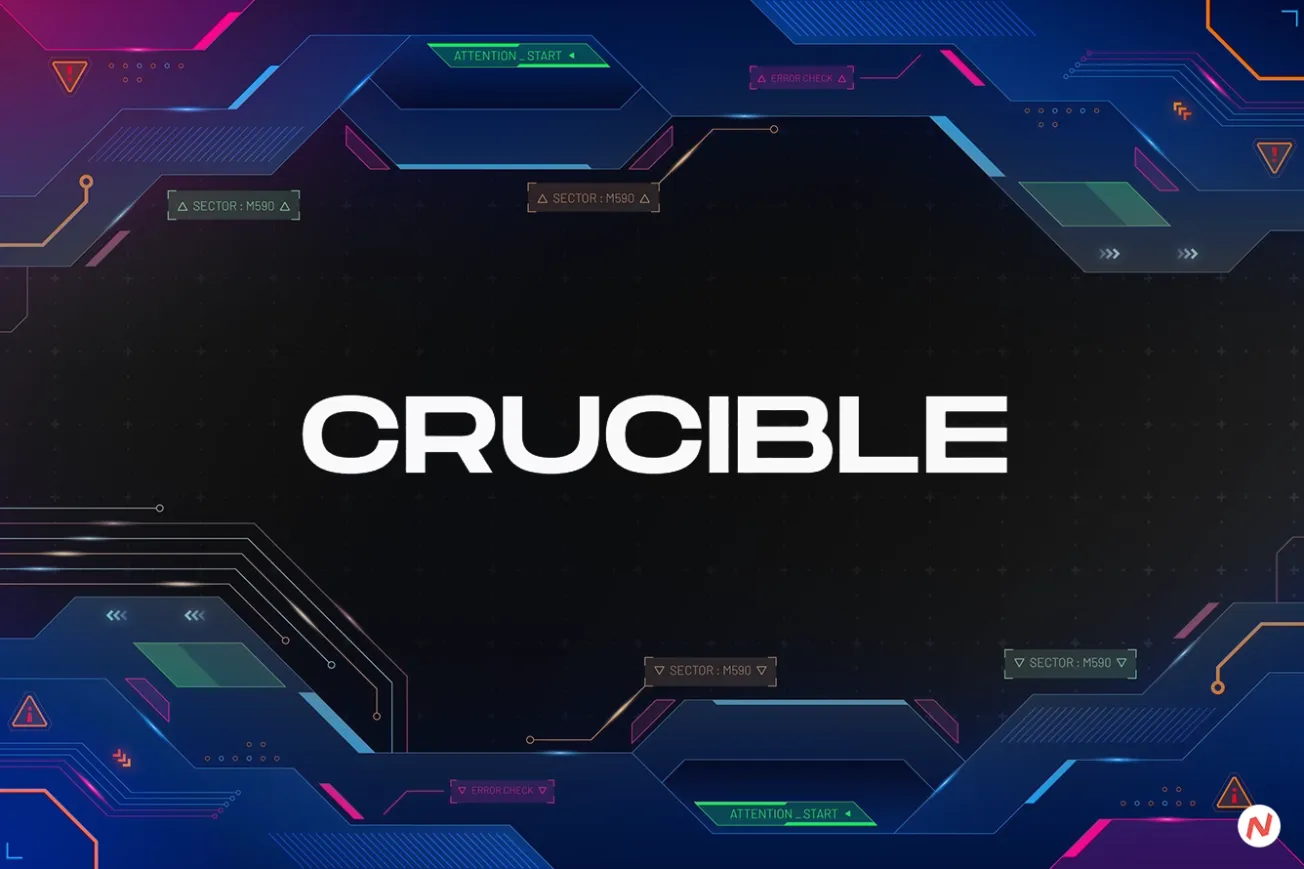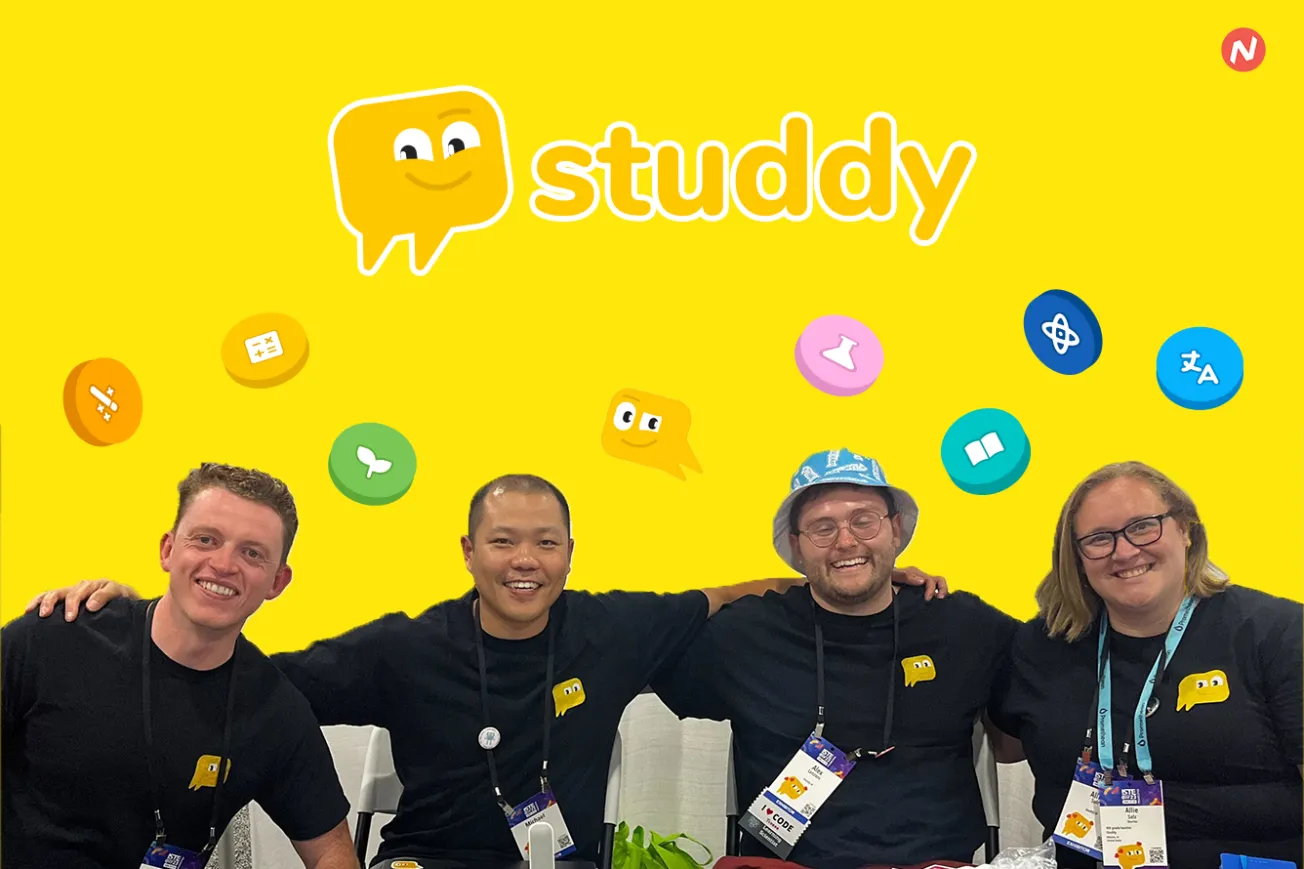- Discover how Shield AI, an aerospace and defense technology company, is using AI as a powerful ally to protect service members and civilians.
- The company shows us how this transformative technology can empower us and pave the way for a safer and more innovative future.
- We delve into their cutting-edge AI pilots and autonomous systems, which are reshaping the landscape of military operations and beyond.
Artificial Intelligence a.k.a AI is now being used in different fields for different kinds of work due to its immaculate way of dealing with things that a human would sometimes not be able to do. As this cutting-edge technology finds its way into various fields, a sense of uncertainty emerges among individuals fearing job loss and potential harm.
But what if we instead embrace it as a powerful ally? What if we change our perspective and look at it as a ‘shield’, one which safeguards us from the perils of the world?
Founding Fathers
Co-founders, Brandon Tseng, Ryan Tseng, and Andrew Reiter have done just that. As a Navy SEAL, Shield AI co-founder Brandon Tseng experienced firsthand problems where intelligent autonomy could have made life-saving differences.
He asked himself what the military of 2030 would look like and what role autonomy plays? The answer – AI pilots powering every military asset: aircraft, drones, ships, satellites, and submarines.
The lack of software and AI engineering talent from large defense primes presented an opportunity to start fresh and build the aerospace and defense technology company of the 21st century focused on AI pilots. In 2015, Shield AI was founded to bring the best of AI and autonomy technology to the DoD and our allies to protect service members and civilians.
“Many people don’t realize the scope of conflict in the world — before Ukraine, 84 million people were displaced by violence and persecution, up from 39 million in 2011,” Tseng said. “There aren’t that many opportunities to contribute to technologies that meaningfully address humanity’s great challenges — or that create the general conditions for human achievement. When you work on AI pilots for defense — you are working on the most important and disruptive defense technology of the next thirty years — and are empowering our country and allies to advance security, stability, and peace.”
Humble beginnings
Based out of San Diego, Shield AI is an artificial intelligence company with the mission to protect service members and civilians with intelligent systems. The startup employs sophisticated algorithms that act as autonomous pilot for military drones and even manned aircraft — providing planning, mapping, and other features that enable aircraft to make dynamic flight maneuvers on their own.
The company’s core technology has been used in conflict areas by the U.S. military since 2018. Its AI stack, called Hivemind, powers small surveillance drones that can maneuver in blacked-out or communication-jammed conditions —such as inside buildings — to detect threats and provide intelligence.
The company’s Hivemind autonomy stack is the first and only autonomous AI Pilot, deployed in combat since 2018. Hivemind enables intelligent teams of aircraft to perform missions ranging from room clearance, to penetrating air defense systems, and dogfighting F-16s.
Backed by top-tier Silicon Valley VC funds, Shield AI has established itself as the leader in AI for aviation. Shield AI has been named to Forbes’ AI 50 and Best Startups lists, CB Insights Top 100 AI Companies, and Fast Company’s Most Innovative Companies. The company has offices and facilities in San Diego, Dallas, Washington, D.C. and Abu Dhabi.
Growth
Shield AI has been expanding Hivemind beyond small unmanned aerial vehicles. It now is powering a medium-sized vertical take-off and landing drone called V-BAT — which Shield AI acquired through the recent buyout of Martin UAV. V-BAT drones are roughly 10 feet tall with a 10-foot wingspan. Shield AI’s goal is to put swarms of V-BATs on U.S. and allied naval vessels.
Shield AI’s focus is primarily centered around the U.S. military and its allied forces. Despite this niche orientation, the company adeptly communicates its mission and value proposition in a manner that resonates with a broader audience.
By effectively contextualizing its purpose and function, Shield AI bridges the gap between complex technologies and the everyday lives of ordinary individuals. Through cultivating a sense of relatability, this strategy not only assures relevance to its core clientele but also makes its ideas more approachable and significant for everyone.
As the world embraces the transformative potential of AI, it is natural for uncertainties to arise. The fear may cast a shadow over this cutting-edge technology. Shield AI, however, takes an innovative approach, showing us that instead of viewing AI as a threat, we can embrace it as our shield, an ally that safeguards us.
This startup helps us take a step towards a future where protection and progress go hand in hand, allowing us to thrive in a world where innovation knows no bounds.
Edited by Shruti Thapa









